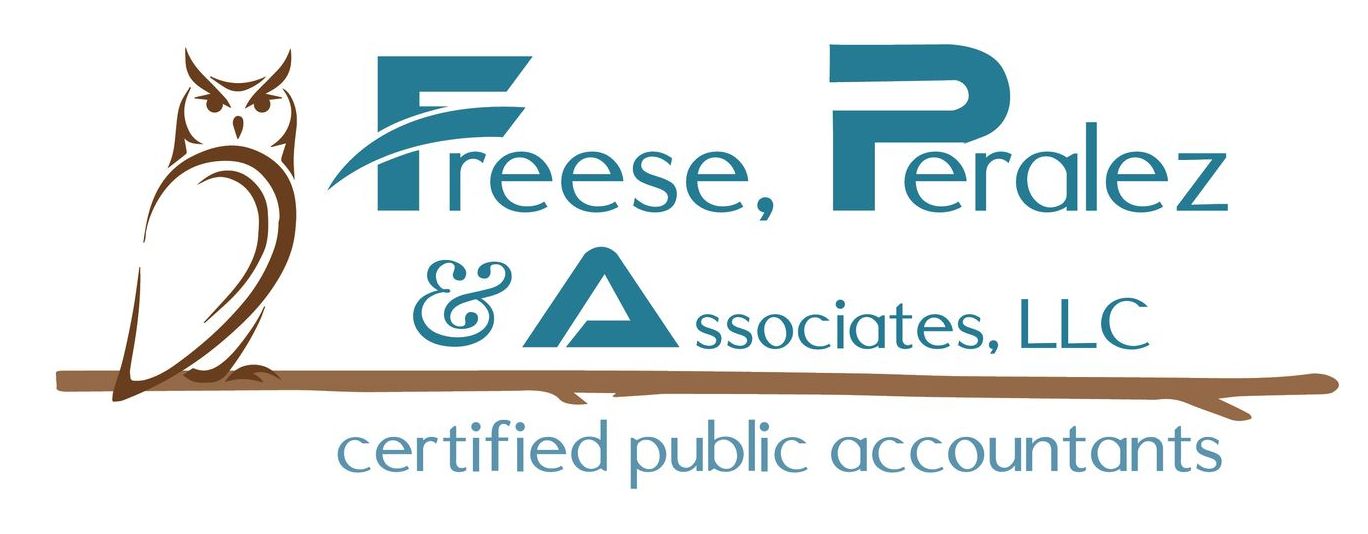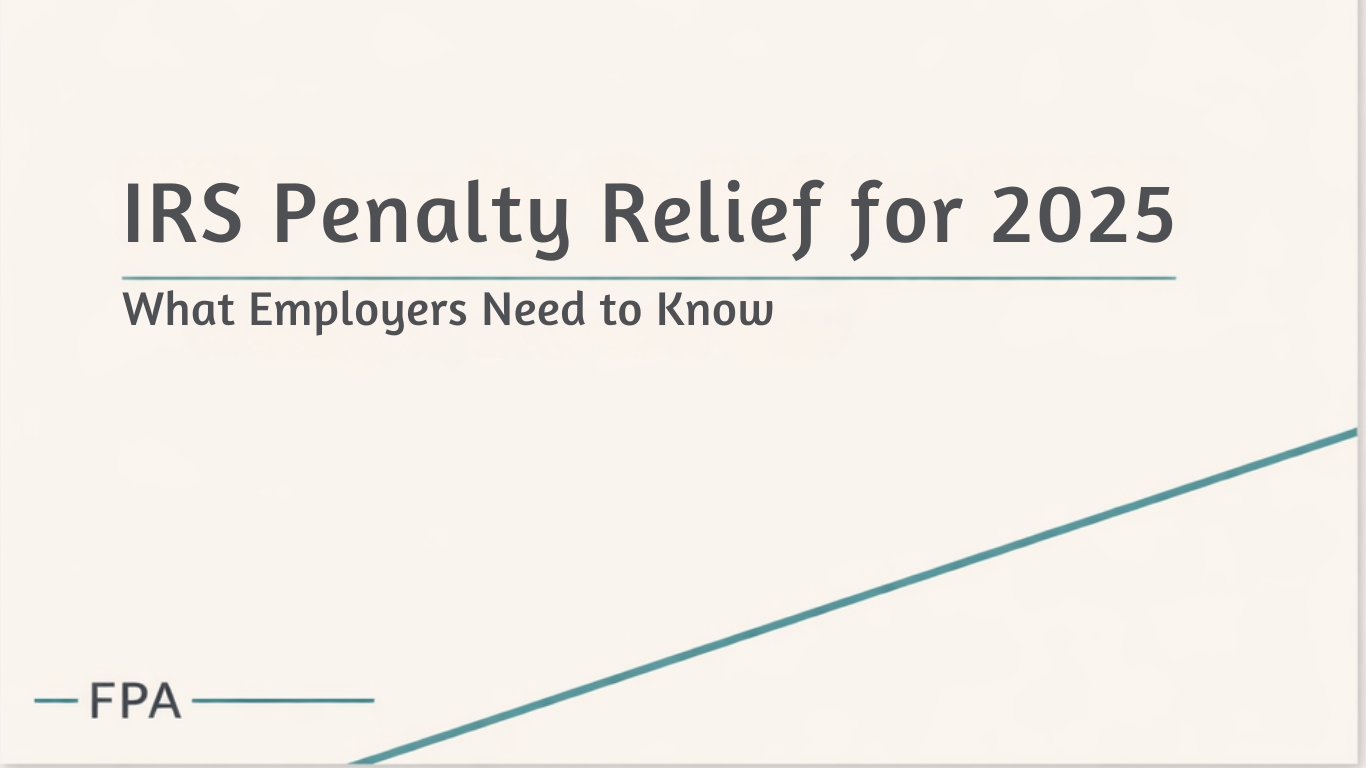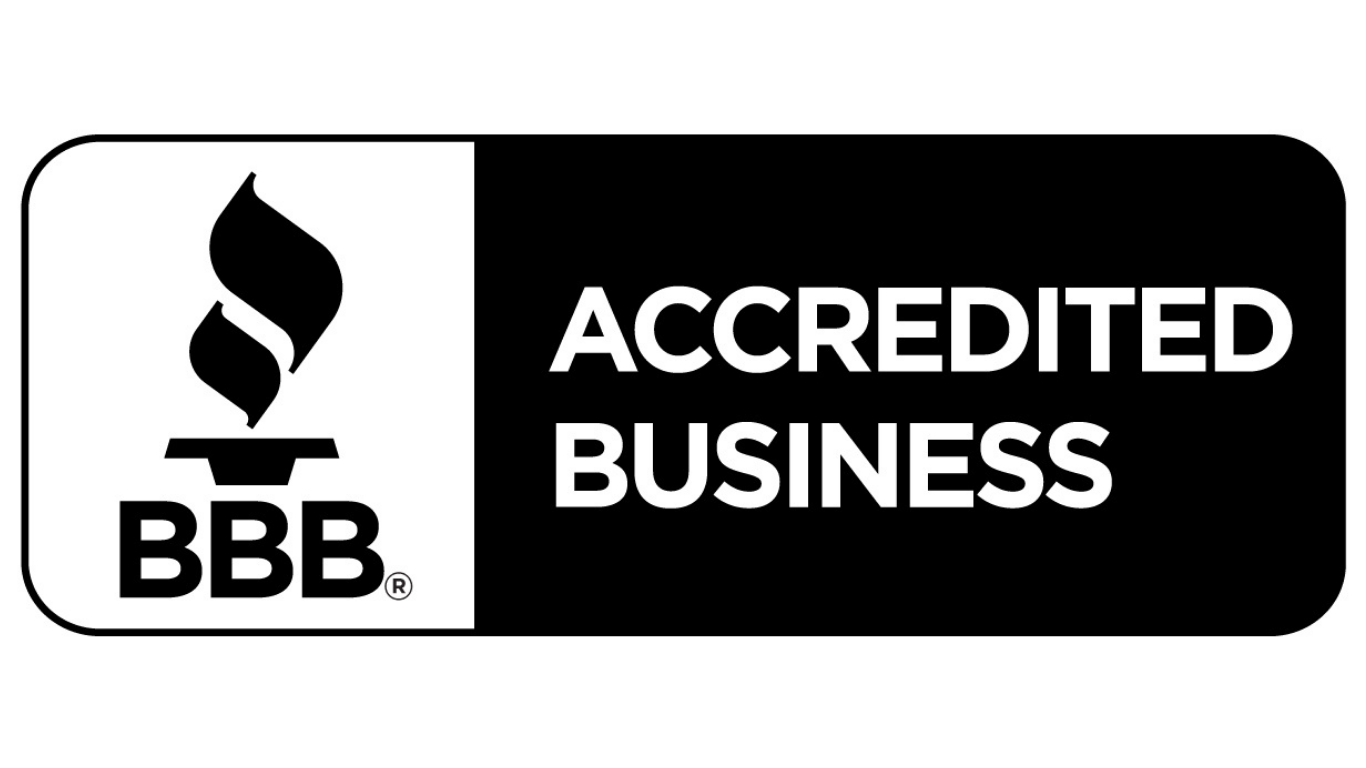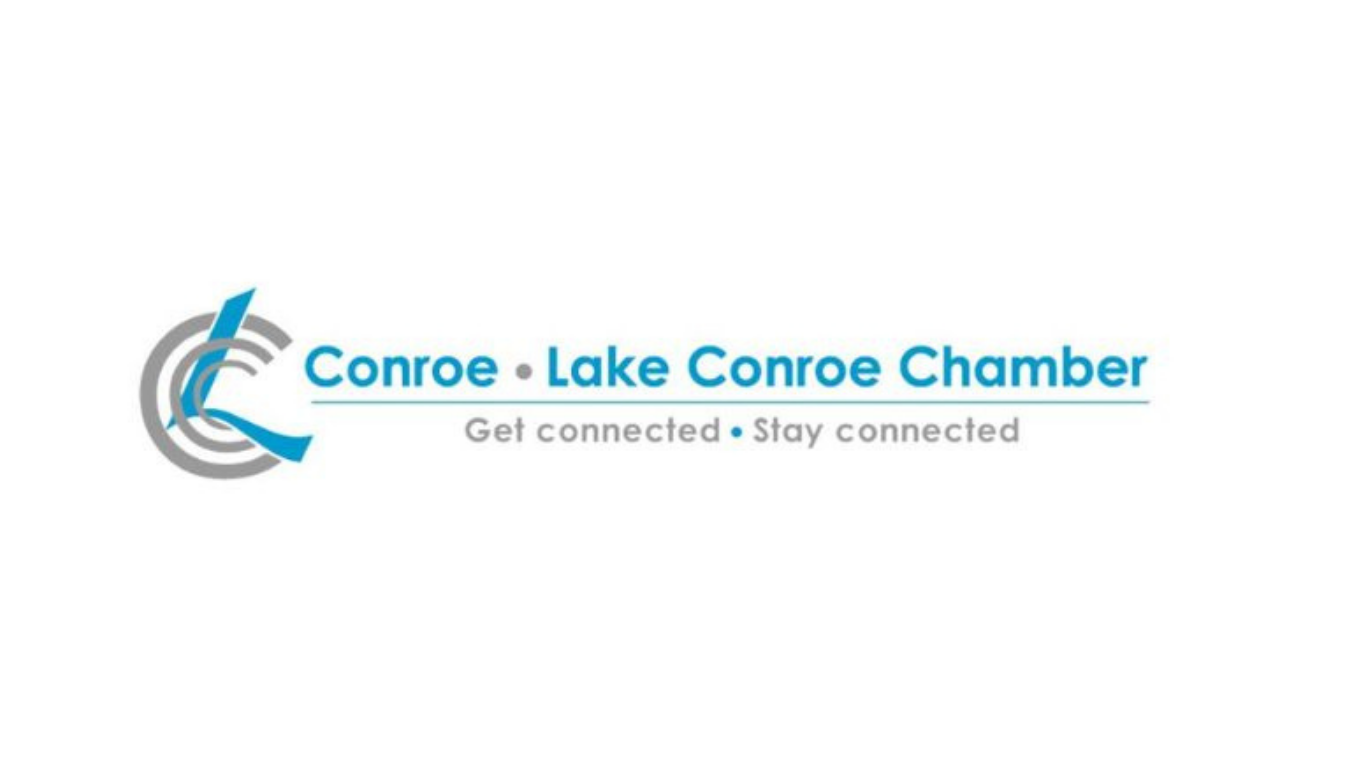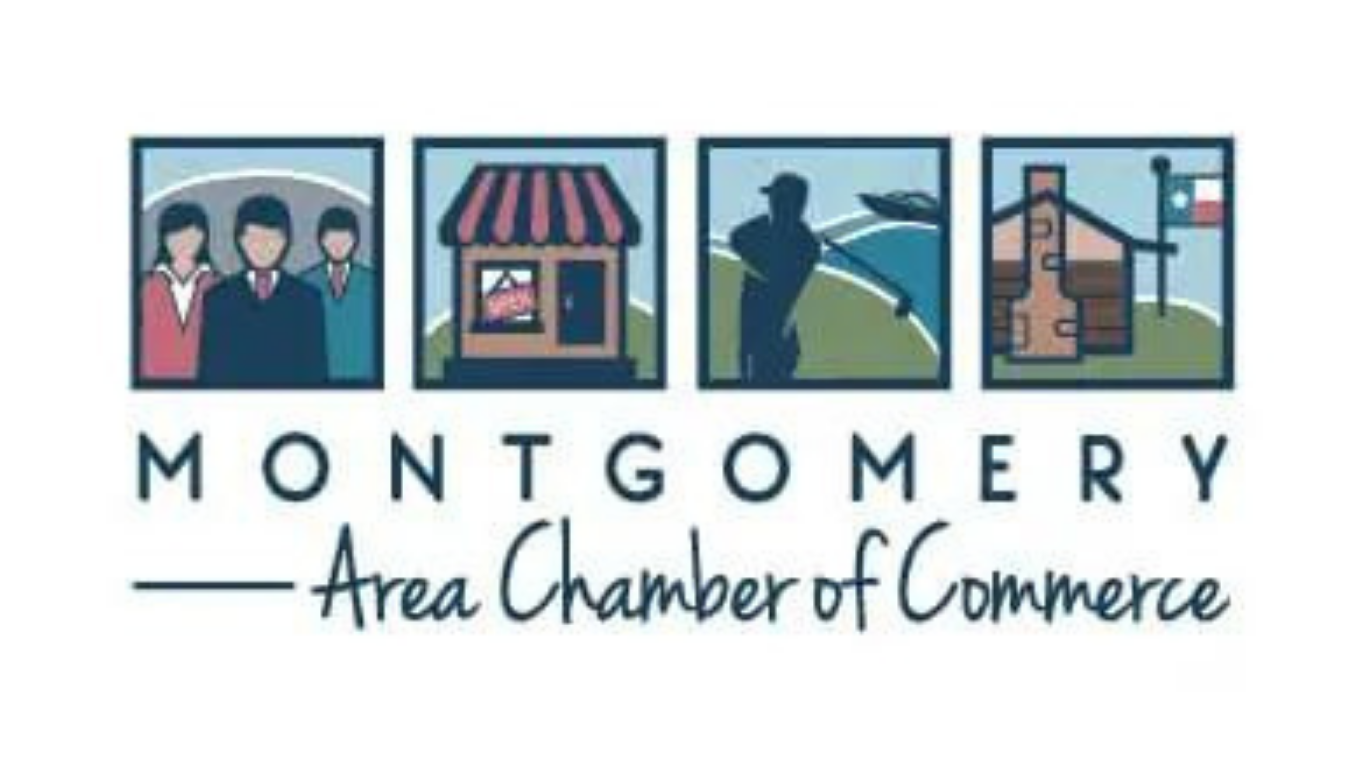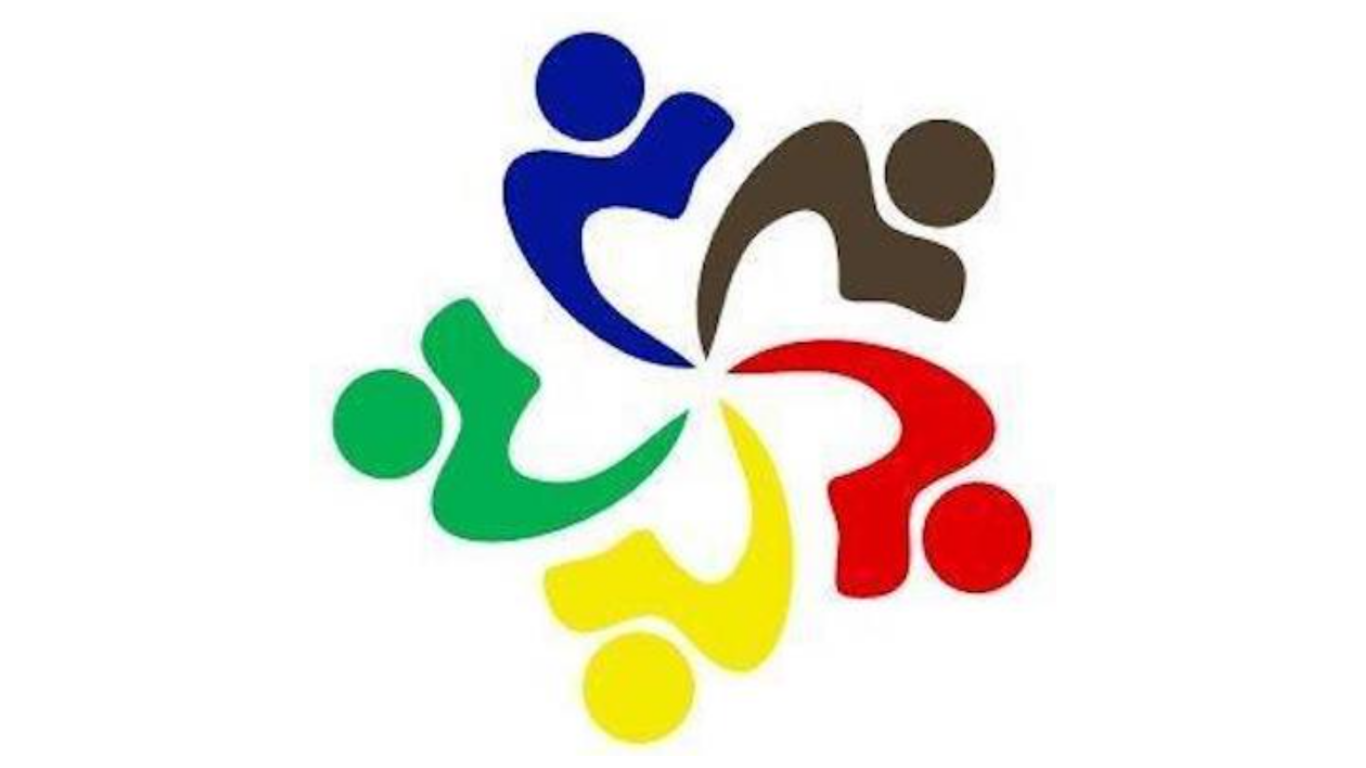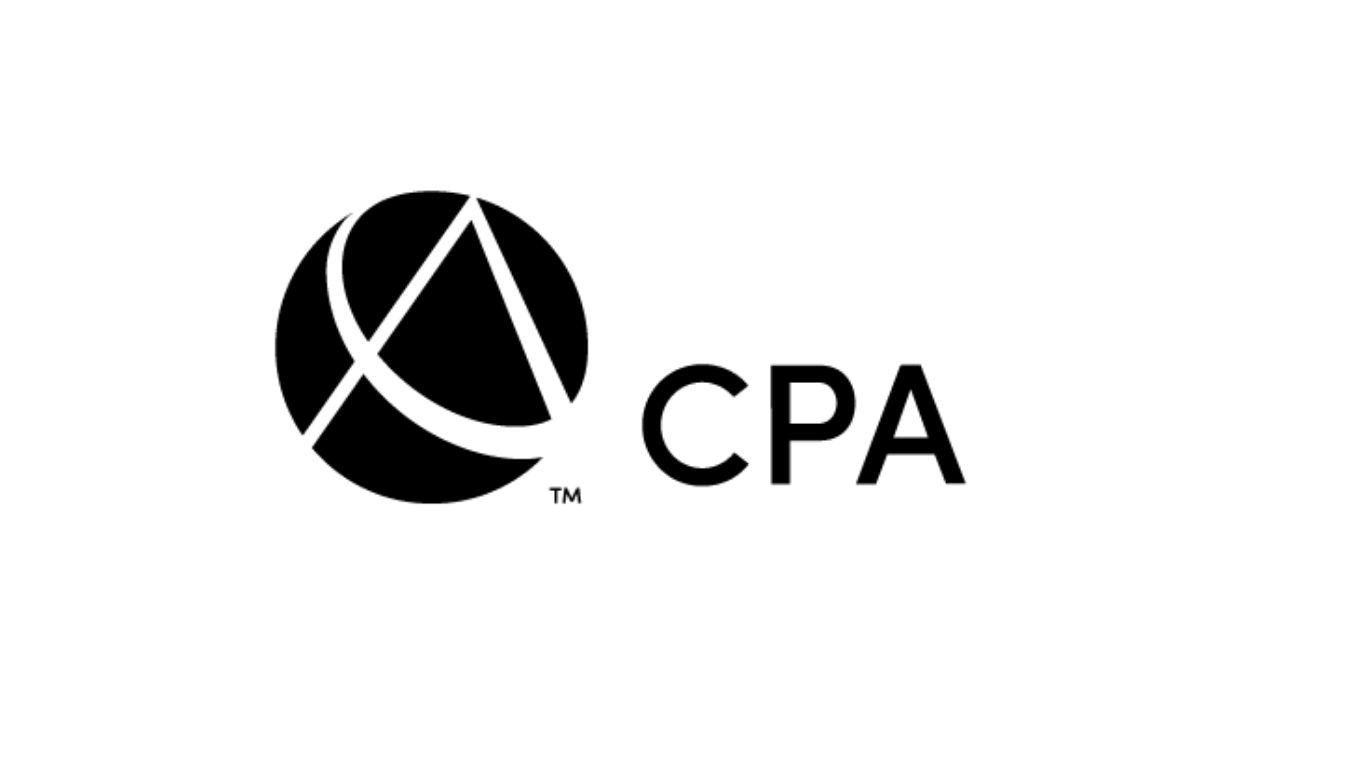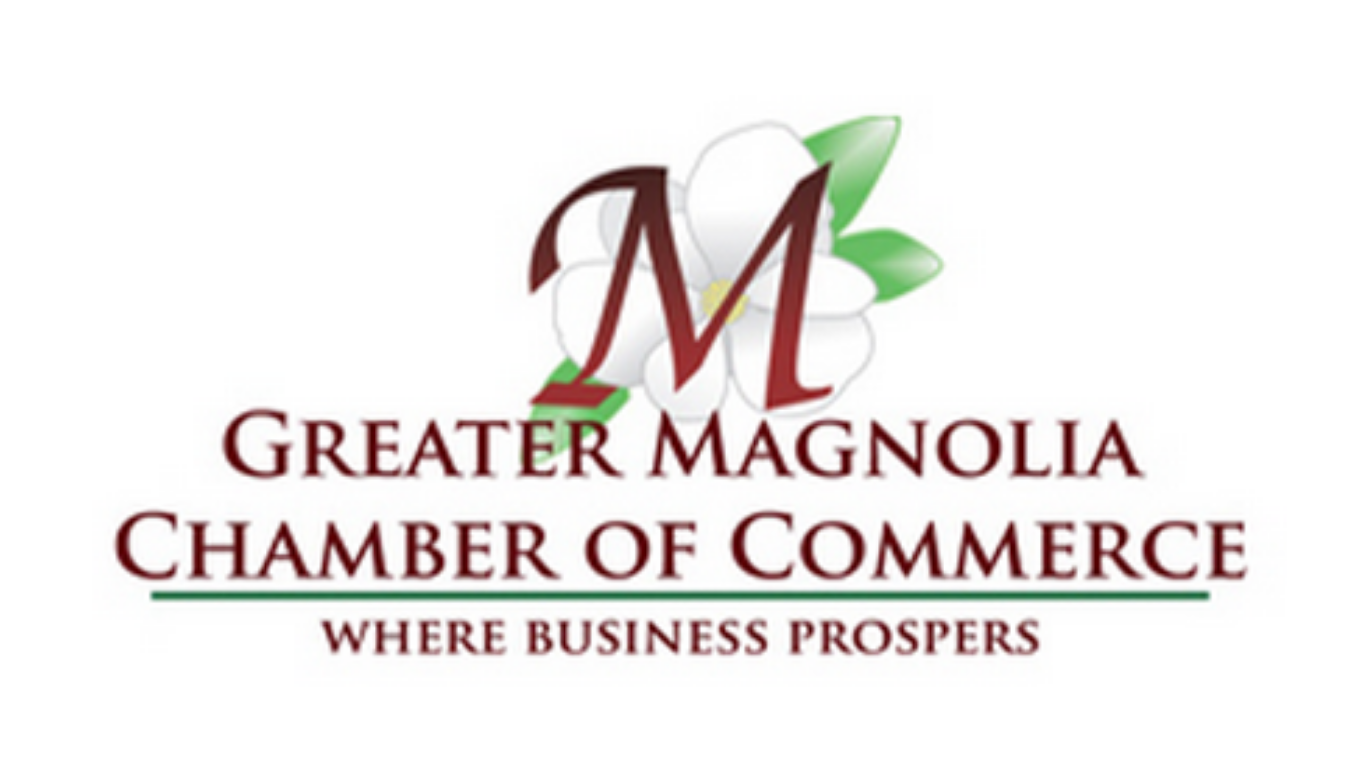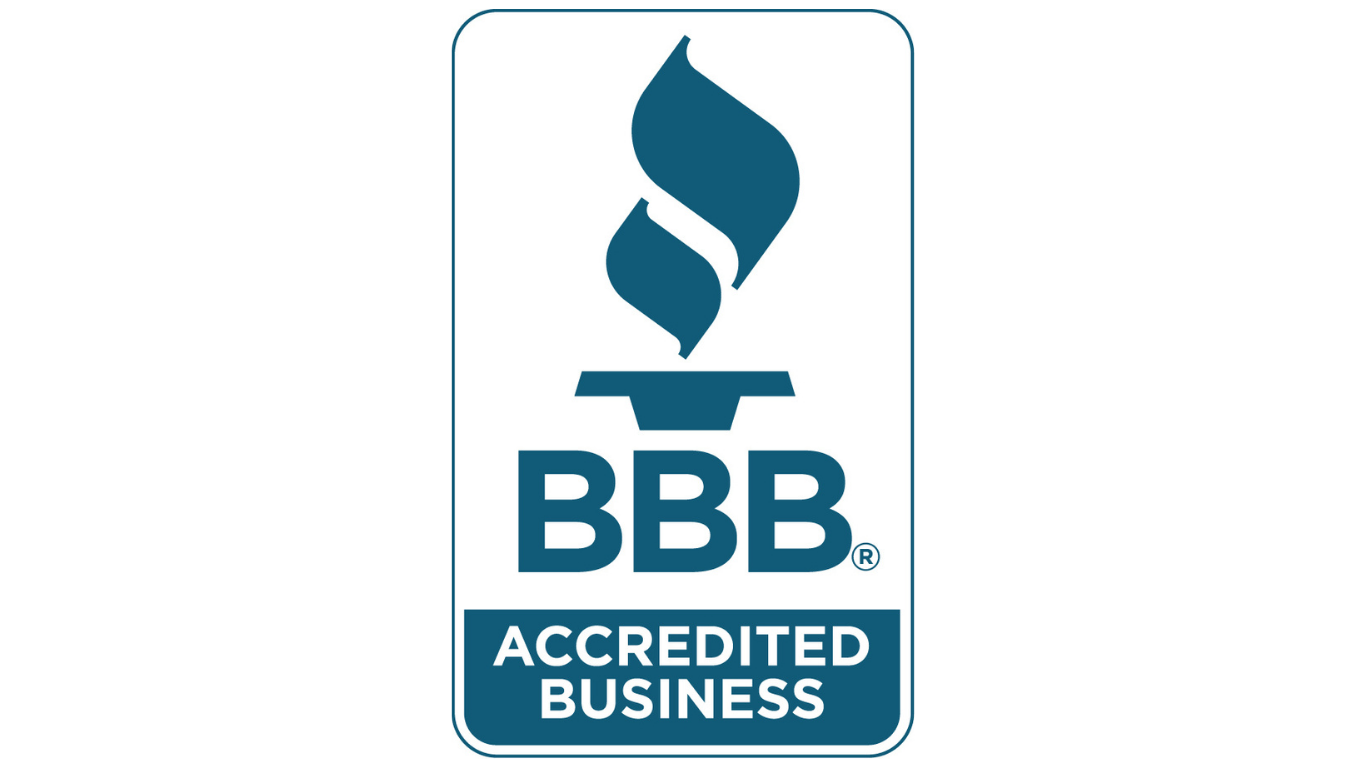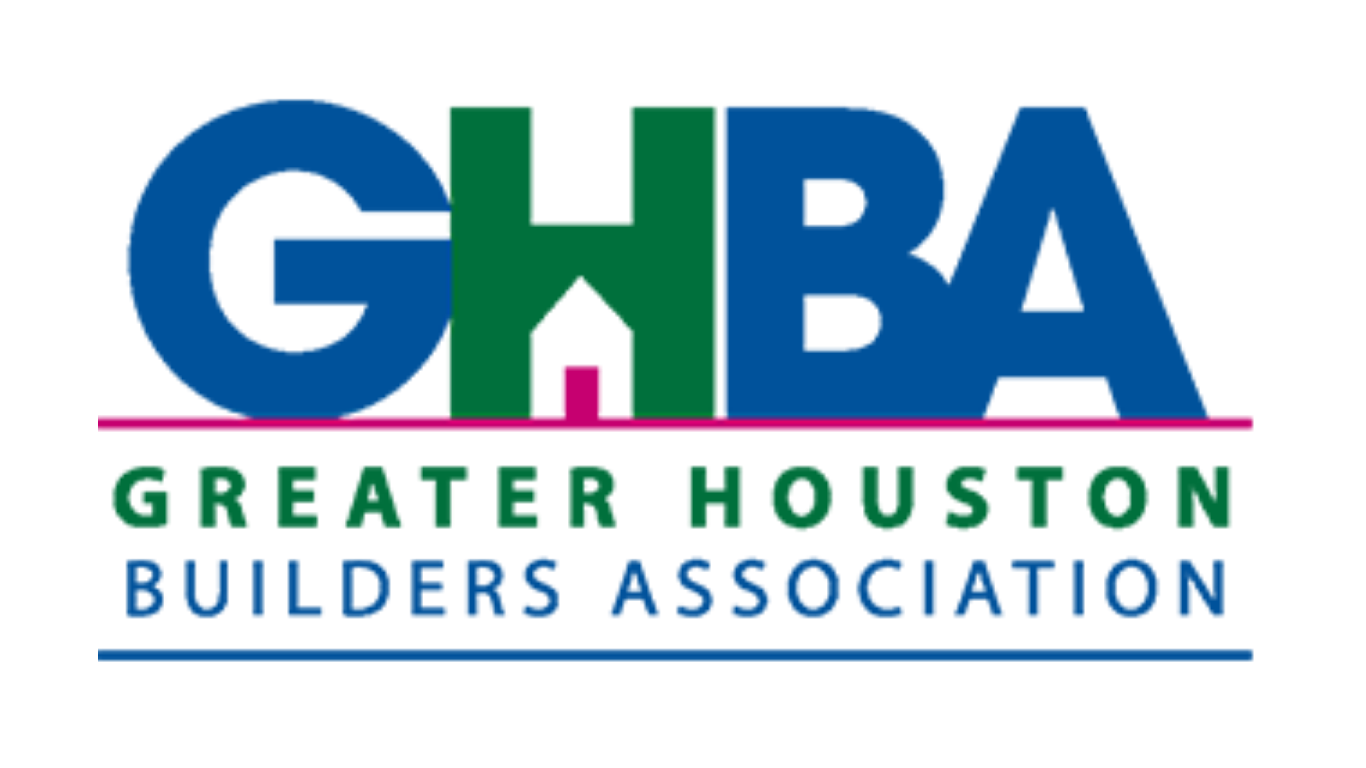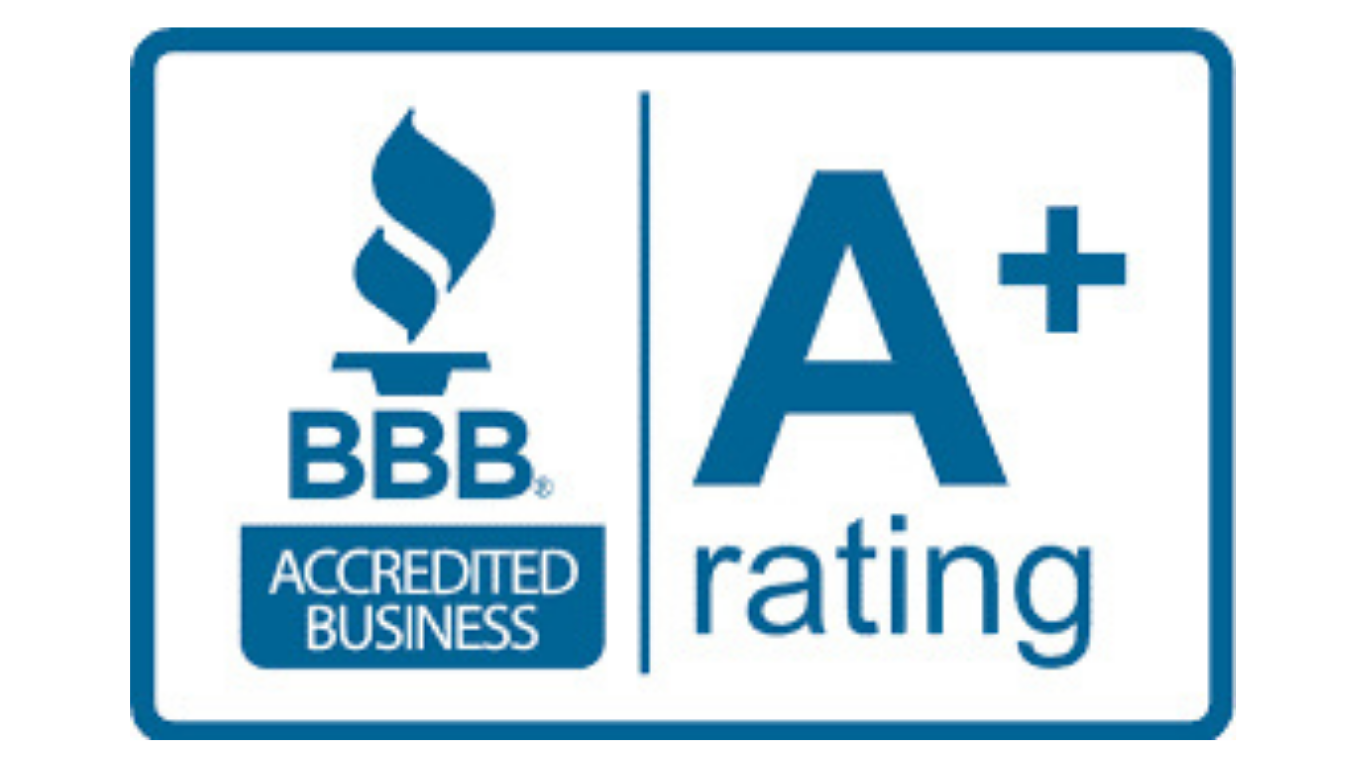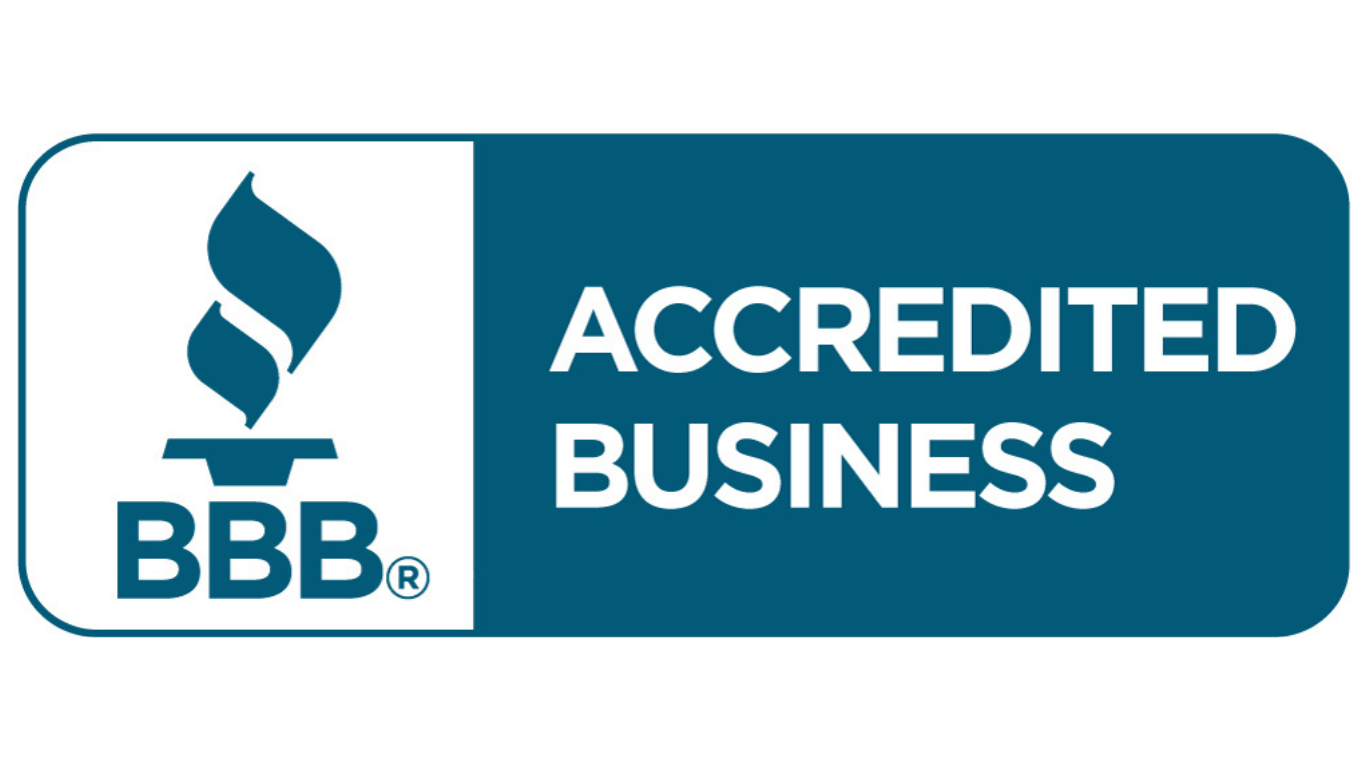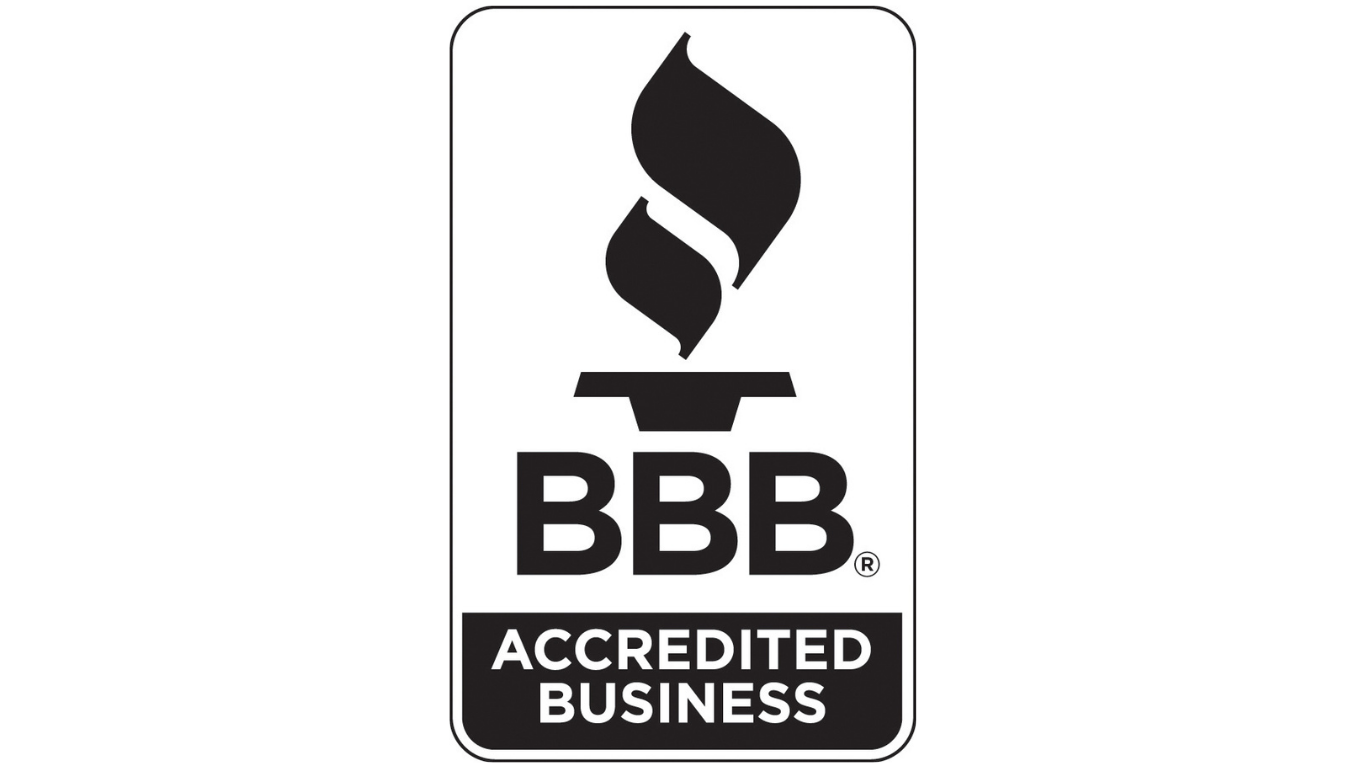What Employers Need to Know About the One, Big, Beautiful Bill
What Employers Need to Know About the One, Big, Beautiful Bill
IRS Issues Penalty Relief for 2025: What Employers Need to Know About the One, Big, Beautiful Bill

What the IRS Just Announced
In Notice 2025-62, the IRS confirmed that employers and payors will not be penalized for failing to separately report:
- The amount of cash tips or the occupation of the tip recipient, and
- The total amount of qualified overtime compensation paid in 2025.
This one-year relief acknowledges that most payroll systems aren’t yet configured to collect or report this new information. It applies only to 2025 filings giving businesses time to adapt before enforcement begins in 2026.
2025 is a transition year, not an exemption year. Accuracy still matters.
What Employers Should Still Do Now
Even with penalty relief, the IRS encourages employers to begin implementing new tracking and reporting practices.
Key steps for 2025:
- Review payroll systems – Identify whether current software can track cash tips and overtime separately.
- Update internal policies – Train staff and payroll providers on proper data collection.
- Communicate with employees – Explain new reporting expectations so workers can claim deductions for qualified tips and overtime.
- Document everything – Keep internal records even if not submitted this year; they’ll be essential for 2026 compliance.
Employers may choose to include this information through Box 14 on Form W-2, or provide separate written statements or portal access for employees.
Preparation in 2025 means fewer penalties and headaches when enforcement begins in 2026.
What Employees Need to Know
Under the OBBB, employees who receive qualified tips or qualified overtime compensation can deduct those amounts when filing 2025 returns.
To do this, they must have documentation from their employer (W-2, 1099, or Form 4137 entry). While not required this year, proactive employers can make life easier for their teams and demonstrate professionalism.
Clear reporting helps your staff claim every deduction they’re entitled to.
Why This Matters to Business Owners
If your business has tipped employees (hospitality, salons, service industries) or pays substantial overtime (manufacturing, construction, healthcare), these new requirements will affect your payroll process.
Delaying compliance could create:
- Retroactive data issues when reporting becomes mandatory.
- Employee dissatisfaction if records aren’t clear for deductions.
- Potential audits once the transition period ends.
Treat 2025 as your trial run not your grace period.
How FPA Helps
At Freese, Peralez & Associates, LLC, our tax experts work closely with employers, payroll teams, and referral partners to ensure compliance before IRS enforcement begins. We’ll help you:
- Review payroll systems for compliance readiness.
- Coordinate with your bookkeeper or CFO team.
- Prepare communication templates for employees.
- Plan ahead for 2026 filings to eliminate surprises.
Don’t wait for enforcement. Contact FPA today to review your 2025 payroll reporting process and protect your business from future penalties.

